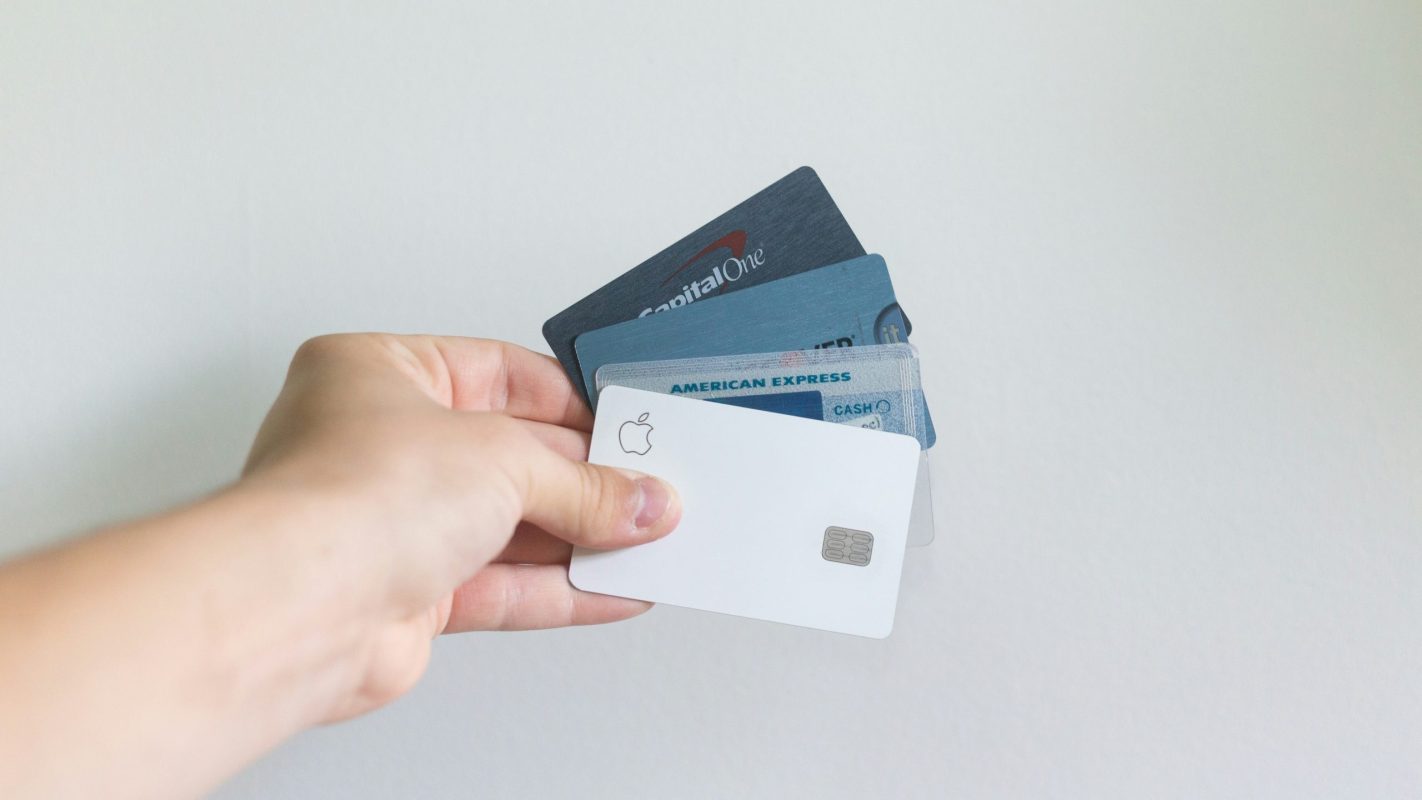Debt Freedom

Break Free From Debt
If debt feels overwhelming, you’re not alone—and you can take control. In this section, you’ll find practical tips and simple strategies to help you pay down debt faster, avoid common mistakes, and build a debt-free future you deserve. Whether it’s credit cards, loans, or other debts, let’s work together to regain your financial freedom and peace of mind.

MarginGuard Budget
Track your income and expenses to create a balanced budget and meet your financial goals.

Debt Payoff App
Plan your debt repayment strategy and see how extra payments can save you money.

Net Worth Calculator
Track what you own and what you owe—knowing your net worth is the first step to building it.
-

How Do I Recession-Proof My Finances?
Read More →No Gimmicks. Just Margin, Discipline, and Agility. Recessions aren’t theoretical. They happen. Layoffs spike. Prices…
: How Do I Recession-Proof My Finances? -

The Yes That Becomes a Lifetime of No
Read More →“Every time you say yes to something today, you’re saying no to something else tomorrow.”…
: The Yes That Becomes a Lifetime of No -

The High Cost of “I Do”: Why Starting Marriage in Debt Isn’t Worth It
Read More →The High Cost of “I Do”: Why Starting Marriage in Debt Isn’t Worth It Marriage…
: The High Cost of “I Do”: Why Starting Marriage in Debt Isn’t Worth It -

Should You Use a Credit Card? Here’s My Honest Take
Read More →There’s no shortage of strong opinions when it comes to credit cards. Some people swear…
: Should You Use a Credit Card? Here’s My Honest Take -

Reputation Over Results: The Hidden Cost of 4-Year College Programs
Read More →College has long been positioned as the golden ticket to the American Dream. But for…
: Reputation Over Results: The Hidden Cost of 4-Year College Programs -

Paying Off My Mortgage Early (Even With a Low Rate): My Take on Step 6
Read More →Conventional financial advice often says it’s smarter to invest extra money instead of paying off…
: Paying Off My Mortgage Early (Even With a Low Rate): My Take on Step 6 -

Why Your Car Might Be the Biggest Thing Keeping You Broke
Read More →For millions of people living paycheck to paycheck, there’s a hidden enemy quietly draining their…
: Why Your Car Might Be the Biggest Thing Keeping You Broke -

How to Build a Fully Funded Emergency Fund: Steps 1–3 Explained
Read More →Life happens. Job loss, medical expenses, car repairs — things can change in an instant.…
: How to Build a Fully Funded Emergency Fund: Steps 1–3 Explained -

7 Side Hustles To Boost Your Income
Read More →Looking to boost your income without a full-time commitment? If you’re looking to boost your…
: 7 Side Hustles To Boost Your Income -

7 Simple Steps to Take Control of Your Money
Read More →Start with these 7 simple steps to take control of your money, reduce stress, and…
: 7 Simple Steps to Take Control of Your Money
Frequently Asked Questions
What’s the best strategy for paying off multiple debts?
There are two popular and effective methods to tackle multiple debts, each with its own advantages:
- Debt Snowball Method: This strategy focuses on paying off your smallest debt balances first, regardless of interest rates. The advantage here is quick wins—eliminating debts faster creates momentum and motivation to keep going. Seeing balances disappear can boost confidence and help you stay committed to your debt-free goal.
- Debt Avalanche Method: This method targets debts with the highest interest rates first, saving you the most money in interest over time. The advantage is maximum cost efficiency, as you pay less in total interest and become debt-free faster from a financial standpoint.
Choosing the right method depends on your personality and what keeps you motivated. If seeing quick progress helps you stay disciplined, the snowball method might be best. If you’re focused on minimizing interest costs, the avalanche method is the way to go.
How can I avoid accumulating more debt while paying off existing balances?
Create a realistic budget, avoid new credit card purchases, and build a small emergency fund to cover unexpected expenses without borrowing.
Is it better to consolidate debt or negotiate with creditors directly?
Debt consolidation can lower interest rates and simplify payments, but negotiating directly can sometimes reduce balances. It depends on your situation—consider talking to a credit counselor.
How long does it typically take to get out of debt?
It varies widely based on your balances, income, and payments, but many people see major progress in 12–24 months with consistent effort.
What impact does debt have on my credit score?
While your credit score is important, it’s crucial to remember that it means little if you’re trying to stay out of debt. Some people get overly focused on “improving their credit score” by taking on more credit or opening new accounts, but this can lead to more debt and financial stress.
If your goal is financial freedom, your motivation should be to reduce and eliminate debt, not to chase a perfect credit score. Paying off debt consistently and avoiding new borrowing will naturally improve your score over time. But more importantly, focusing on living within your means and building savings provides real security — much more than a number on a credit report ever will.